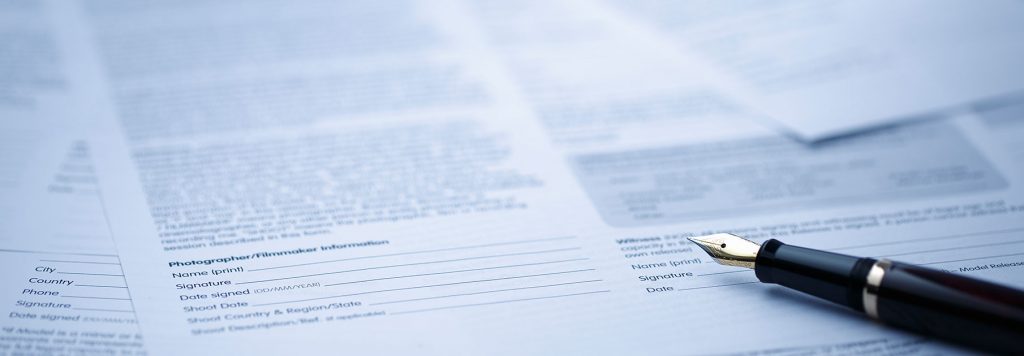We get asked a lot about advising customers about extending leases. Whilst we mainly work for Residents Management Companies and not Freeholders, I have written this to assist customers when approaching Freeholders.
If you own a Leasehold Flat it is important to consider the time remaining on your Lease.
A leaseholder with an unexpired term of more than 21 years Lease originally granted and who has owned the property for more than two years can extend the Lease under the Leasehold Reform, Housing and Urban Development Act 1993. The owner does not have to live at the property but does have to be the registered owner.
An extension under Leasehold Reform, Housing and Urban Development Act 1993 will add 90 years to the unexpired term for a Leasehold Flat or 50 years for a Leasehold House both with a peppercorn Ground Rent. You can reach an agreement with the Freeholder on alternative terms to this (including a ground rent or short terms to lower the initial cost). In both methods a premium will be payable to the Freeholder.
As a Lease gets shorter, the value of the Leaseholder’s interest decreases and it becomes more expensive to extend the Lease. Mortgage lenders also may not like to lend on a property with a short lease, making it more difficult to sell or re-mortgage the property. Many lenders will only grant mortgages on properties with more than 70 or 80 years left on the Lease. The key date for extending your Lease is when it is approaching 80 years as “Marriage Value” is taken into account in the valuation.
There are various calculators available on the internet, the most commonly used one is http://www.lease-advice.org/calculator/ . Doing a Lease Extension under the Leasehold Reform, Housing and Urban Development Act 1993 you will also be liable for both sides solicitors fees and the Landlord’s initial valuation fee. It would be prudent to seek your own advice from a Chartered Surveyor before starting the process.
The Process for doing an extension under the 1996 Act is:-
A Section 42 notice is served on the Freeholder outlining the intention to extend the Lease giving a date for response within two months of the date of the serving of the notice.
If the landlord does not respond within the two months or responds late, the leaseholder can apply to the County Court for a lease extension on terms set out in the notice within six months from the date the freeholder is supposed to serve the counter-notice. Correct wording of the notices and dates for response are critical, including ensuring that the notice is served to the freeholder’s correct address to avoid delays and additional costs to the leaseholder.
Ian Harvey

